Ohio Man Finally Gets His “GAY” License Plate
William Saki sued to express his identity on a vanity plate that Ohio labeled "Inappropriate," leading the state to revise its rules.

William Saki is celebrating his new “GAY” license plate after suing Ohio’s Bureau of Motor Vehicles for initially rejecting his request. Saki, who lives in the LGBTQ-friendly Cleveland suburb of Lakewood, argued the plate simply reflected his identity as a gay man and should be protected as free speech.
When Saki previously entered “GAY” into the BMV’s online registration tool, it rejected the request as “Inappropriate/Invalid.” The term had been on a list of nearly 62,000 prohibited plate words since 1996.
Among those terms: “QUEER”, “HOMO,” and even “LESBIAN.”
Meanwhile, the tool approved plates expressing anti-gay animus or heterosexual pride, including “NO GAYS,” “NO HOMOS,” “NO FAGS,” “STR8,” “BE STR8,” and “STR8 PWR.”
“Gay is who I am — It’s a fact and I’m proud of that,” Saki told Cleveland ABC affiliate WEWS-TV after obtaining the plate. “To know the state was saying, ‘No, we don’t like that plate. It’s offensive to us.’ That’s my free speech they’re messing with at that point.”
Saki hired First Amendment attorney Brian Bardwell, who argued the BMV’s guidelines were inconsistent — and not just for LGBTQ-themed plates.
[advert2]
“The guidelines were very squishy I think we could say,” Bardwell told WEWS, pointing to unrelated inconsistencies as evidence the system lacked clear standards. “Somebody wanted Jack Daniels abbreviated and they allowed that but they wouldn’t allow Jim Beam. Somebody wanted Zinfandel and that’s fine but you couldn’t have Cabernet.”
Along with Cyrus Mahdavi, another Ohioan who had sought a plate reading “MUSLIM” to express his religious beliefs, Saki argued that the BMV’s guidelines for license plate criteria were biased and infringed on his freedom of speech.
On September 11, U.S. District Judge Dan Aaron Polster dismissed the case in favor of Saki and Mahdavi after the BMV acknowledged it had wrongly rejected certain plate requests. Under the settlement, the agency agreed to review its database, remove improperly banned terms, and create a process for people to challenge previous rejections.
Customized plates are a simple way for people to express identity or belief, Saki told WEWS. “The government can’t take away free speech,” he said. “I want [others] to know if they want a crazy license plate that isn’t offensive to anyone, then they should be able to go and request that plate if no one already has that.”
Saki, who received the plate this fall, told WEWS he’s proud to display it, even if some may find the message offensive or confrontational.
“I notice people pointing and taking photos when I drive by — it puts a smile on my face, I like it,” Saki said. “I’ll always remember this plate.”
Support Metro Weekly’s Journalism
These are challenging times for news organizations. And yet it’s crucial we stay active and provide vital resources and information to both our local readers and the world. So won’t you please take a moment and consider supporting Metro Weekly with a membership? For as little as $5 a month, you can help ensure Metro Weekly magazine and MetroWeekly.com remain free, viable resources as we provide the best, most diverse, culturally-resonant LGBTQ coverage in both the D.C. region and around the world. Memberships come with exclusive perks and discounts, your own personal digital delivery of each week’s magazine (and an archive), access to our Member's Lounge when it launches this fall, and exclusive members-only items like Metro Weekly Membership Mugs and Tote Bags! Check out all our membership levels here and please join us today!









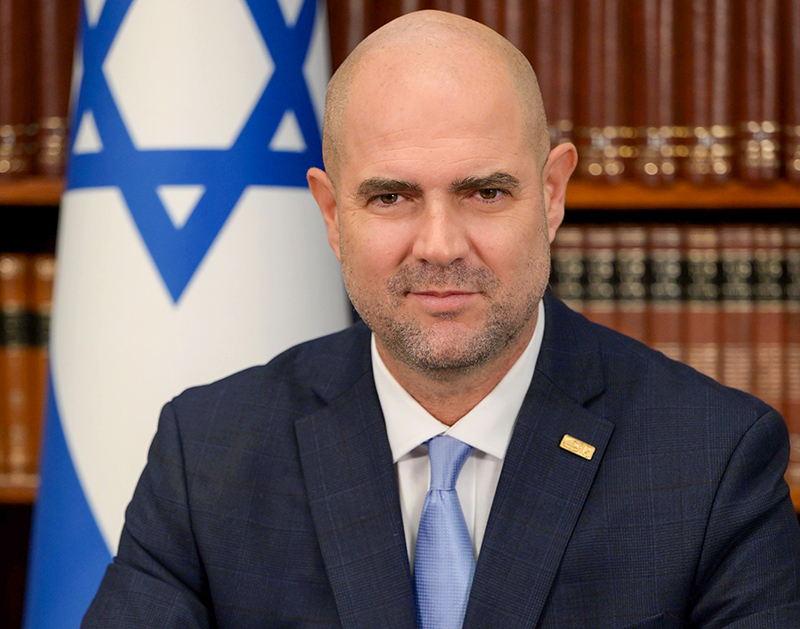
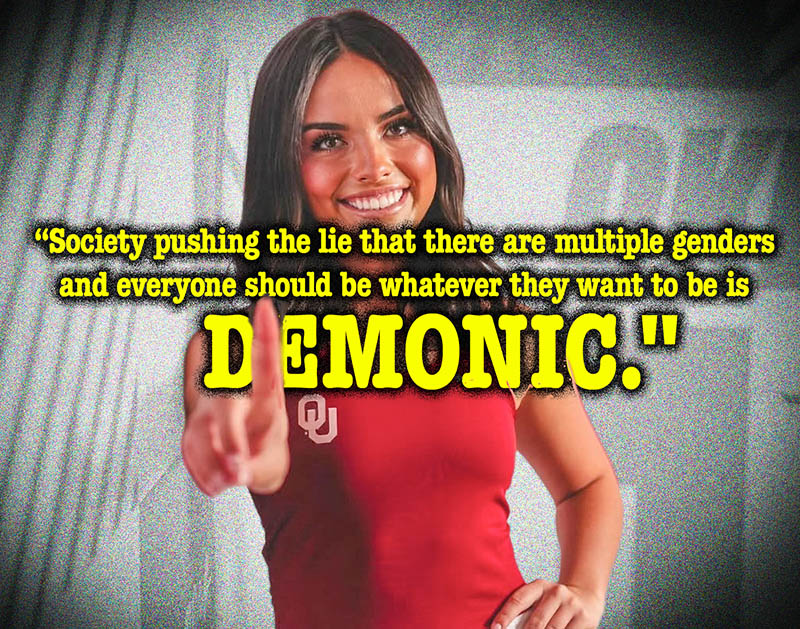
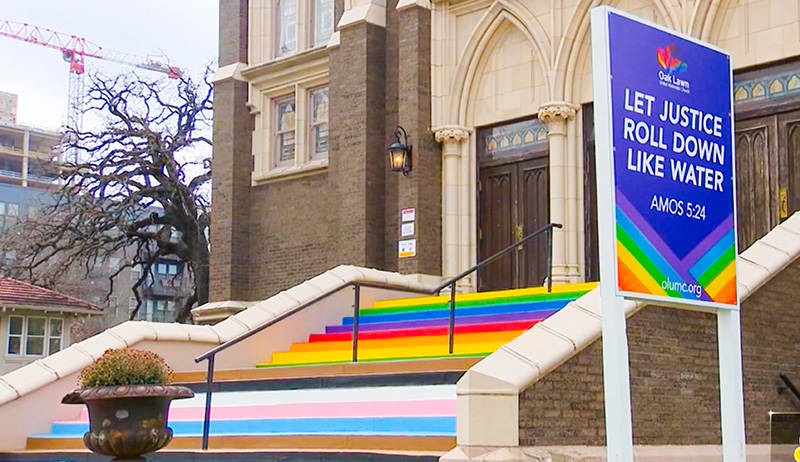














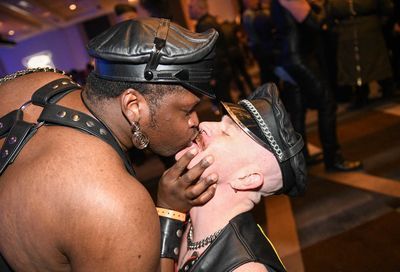
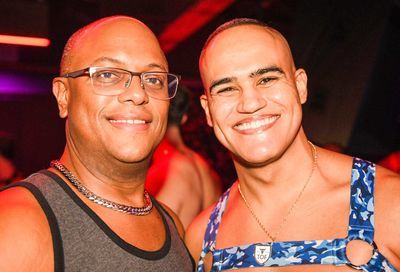
You must be logged in to post a comment.